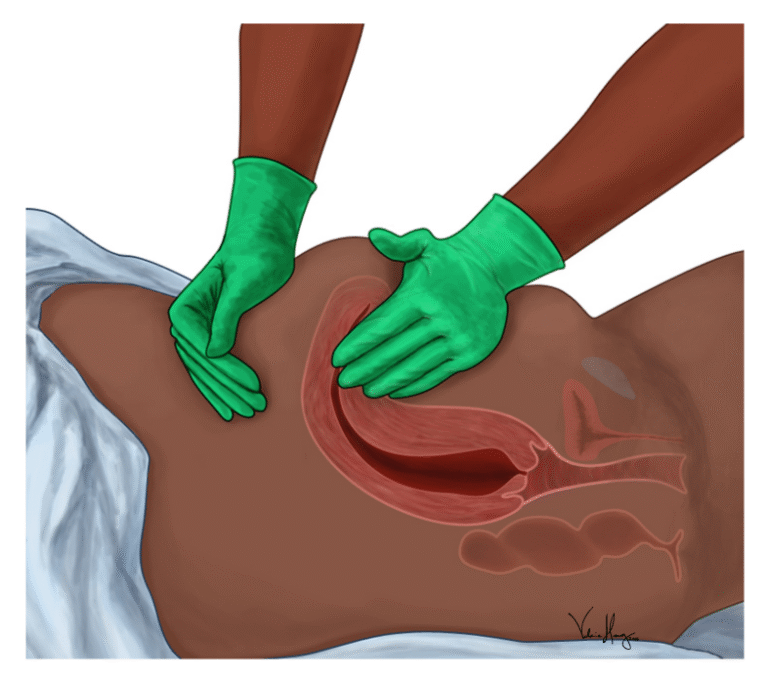Key Prenatal Care Practices for a Healthy Pregnancy

Prenatal care is key to supporting maternal health and optimizing fetal development. By adhering to structured practices, first-time parents can maintain a healthy pregnancy and prepare for childbirth effectively. Let’s explore the key prenatal care practices, including nutrition, mental health, routine checkups, and preparation for labor.
Nutrition for Maternal and Fetal Health
Maintaining a balanced diet is fundamental to supporting both maternal health and fetal development. A rich and balanced diet provides the nutrients necessary for a healthy pregnancy. Key vitamins, such as folic acid, iron, and calcium, play a significant role in supporting growth, aiding blood cell production, and strengthening bones. These can be obtained through diet or supplements recommended by a healthcare provider.
Staying hydrated is also helpful for various bodily functions, including amniotic fluid production and nutrient transport. Avoiding raw foods, unpasteurized dairy products, and undercooked meats may minimize health risks. Make sure to consult with a registered dietitian or physician to tailor a nutrition plan specific to individual needs.
Mental Health and Stress Management
Managing mental health during pregnancy is key to promoting emotional well-being. Fluctuating hormones and lifestyle changes can lead to stress or anxiety. Practices like mindfulness, meditation, and regular physical activity can help regulate mood and reduce stress levels. These activities benefit mental health and enhance physical resilience in preparation for labor.
Also, maintaining open communication with a healthcare provider can be helpful when addressing potential concerns or symptoms of anxiety or depression. Healthcare providers may recommend extra support resources, such as prenatal counseling or parenting classes, to establish confidence and emotional stability.
Routine Checkups for Comprehensive Care
Regular doctor visits are a fundamental part of prenatal care, supporting maternal and fetal health. During these checkups, healthcare providers monitor core signs, track fetal growth, and conduct screenings that detect potential health concerns at an early stage. These visits also allow you to discuss any symptoms or questions regarding pregnancy progress.
For instance, routine ultrasounds and laboratory tests may be used to assess fetal development and maternal health indicators. Vaccinations, such as the flu vaccine, may also be recommended to enhance immunity. Engaging in consistent prenatal appointments strengthens care strategies and promote informed decision-making.
Preparing for Labor and Childbirth
Proper preparation for labor aids a smoother delivery process. Understanding birthing options, such as natural birth, water birth, or cesarean delivery, allows parents to select an approach aligned with their preferences and medical needs. Discussing these options in advance with a healthcare provider can clarify uncertainties.
Pain management techniques, such as breathing exercises, epidural anesthesia, or alternative therapies, should also be contemplated. Preparing a hospital bag with necessary items, including identification documents, toiletries, baby items, and comfortable clothing, may reduce stress when labor begins. Parents are encouraged to explore childbirth education classes, which provide practical insights into labor and postpartum care.
Book Your Prenatal Care Appointment Now
Prenatal care lays the groundwork for a healthy pregnancy and a well-informed transition into parenthood. By focusing on nutrition, mental health, routine checkups, and labor preparation, first-time parents can effectively support maternal health and fetal development. To receive tailored guidance and care throughout your pregnancy, contact a healthcare provider and schedule your prenatal care visit today.
- What to Expect When Visiting a Foot and Ankle Specialist
- Causes of PTSD
- The Link Between Plantar Fasciitis and Weight Gain: What You Need to Know
- How Pet Ownership Can Positively Impact Life with Fibromyalgia
- The Importance of Stretching and Flexibility in Sports Medicine
Dr. Emma Green is a health and wellness expert with over 10 years of experience in nutrition and fitness. Passionate about helping others live their healthiest lives, Dr. Green shares practical advice on wellness, nutrition, and sustainable living through LivingSpristine.






